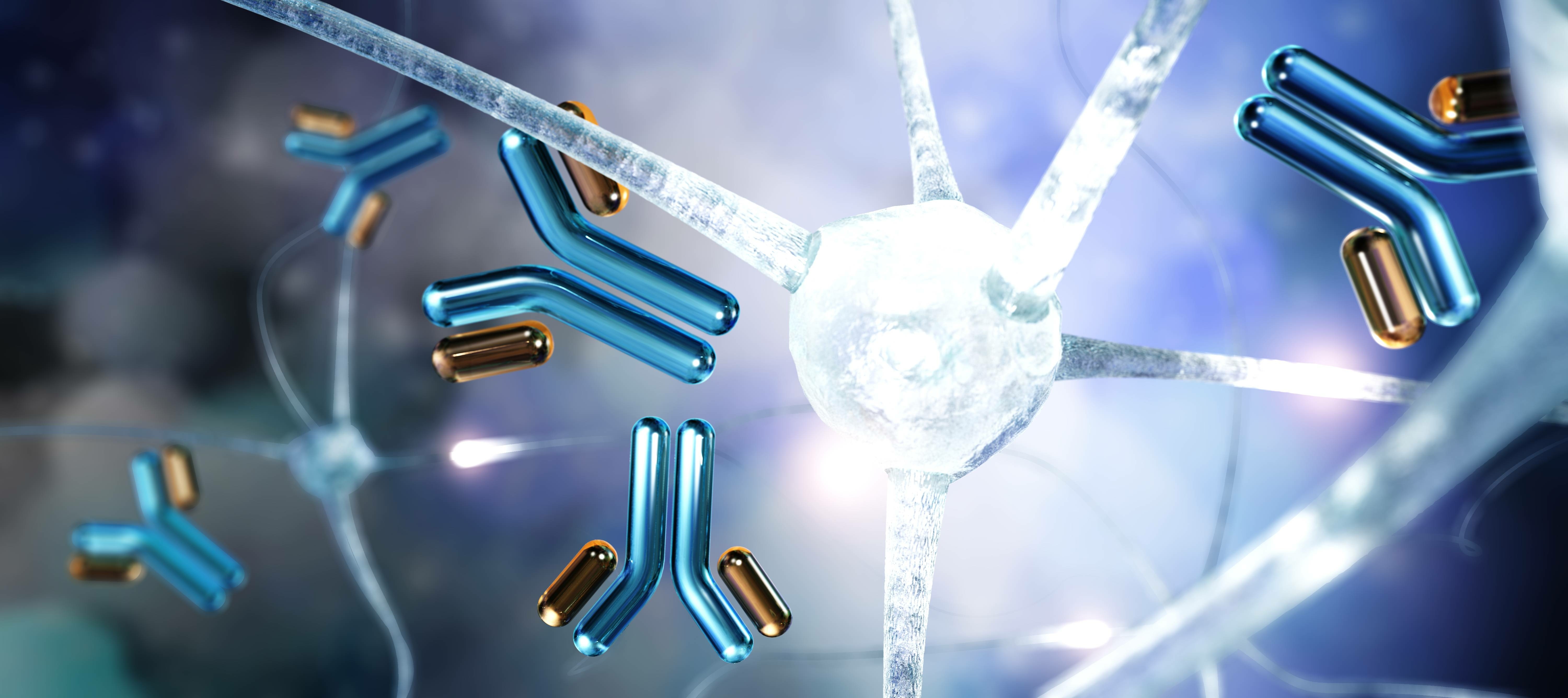Anti-BC200 RNA Autoantibodies in Systemic Lupus Erythematosus
Provides a novel approach for the development of lupus treatments based on anti-BC abs.
Systemic lupus erythematosus (SLE) is a chronic autoimmune disease affecting an estimated 1.5 million Americans. Between 50% to 90% of lupus patients will develop neuropsychiatric SLE (NPSLE) during their lifetimes, with neurological manifestations such as psychoses or seizures. In neurons, regulatory non-protein-coding RNAs play key roles in the modulation of synaptic activity, and their dysregulation has been linked to various disorders including Alzheimer’s disease, ataxias, and epilepsy among others. Regulatory Brain-specific Cytoplasmic (BC) RNAs are translational repressors at neuronal synapses. The majority of SLE patients showing strong autoimmune reactivity to BC RNAs are NPSLE patients with symptoms such as seizures.
This technology provides a novel approach for the development of lupus treatments. It takes advantage of the fact that anti-BC abs target the GA motif of BC RNAs, and can displace them from heterogeneous nuclear ribonuclearprotein A2 (hnRNP A2). Anti-BC abs and hnRNP A2 “compete” with each other when interacting with the dendritic targeting elements (DTEs) of BC RNAs, thus effectively excluding each other from binding to the RNA GA motif. This displacement hinders BC RNAs’ dendritic transport, which in turn impacts how SLE affects the patient, a potential pathway towards new and more effective treatments of certain lupus symptoms.

This technology provides a novel approach to treating lupus symptoms by taking advantage of the fact that anti-BC abs and hnRNP A2 effectively exclude each other from binding to the RNA GA motif.
The primary application for this technology is treatment for lupus.
U.S. Patent No. 9,784,739, issued 11/10/15; U.S. Patent No. 10,234,455, issued 3/19/19.
TRL 3 - Experimental proof of concept
This technology has not been licensed.
This technology will be of value to any company or institution involved in treating lupus. This includes:
• Manufacturers of medical treatments
• Hospitals
• Research institutions
• Rehabilitation facilities
Patent Information:
| App Type |
Country |
Serial No. |
Patent No. |
Patent Status |
File Date |
Issued Date |
Expire Date |
|